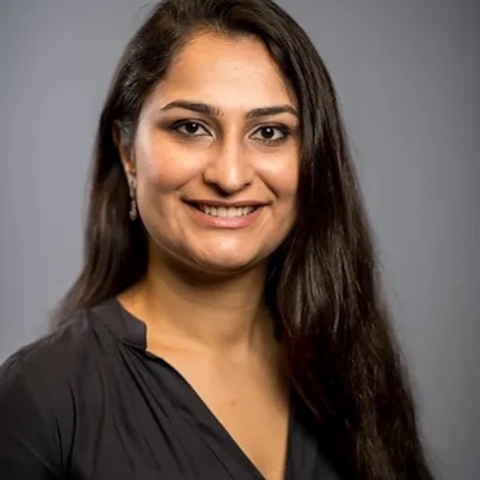#Stoprussia: Weaponizing Social Media for Foreign Support | 2024 | Events

Summary/Abstract:
When engaged in external wars, governments around the world seek to build foreign support for their people and policies. Although significant research has investigated how political actors use social media to influence domestic politics, we lack similar evidence on the objectives, strategies, and efficacy of social media messaging when directed at foreign audiences. Why and when do political leaders direct content to their foreign followers on social media? What explains why some externally targeted messages amplify and others do not? We use the war in Ukraine to understand why social media strategies tailored to promote foreign support succeed or fail and how the content and sentiment of these internationally targeted postings impact their efficacy. We gather the universe of Twitter behavior by the top several hundred Ukrainian officials both before and after the 2022 Russian invasion. Combining network analysis and Natural Language Processing tools, we assess how Ukrainian elites’ postings on distinct political, military, and social issues changed in response to the war. The findings demonstrate that after the invasion, diverse pre-war social media communities that reflected different domestic Ukrainian constituencies converged into a single community with strong links to the international community.
Bio:
Roya Talibova is the Sultain Qaboos bin Said of Oman Assistant Professor of International Relations at the Harvard Kennedy School, where she recently moved to from Vanderbilt University, where she was Assistant Professor of Political Science. Her research and teaching focus on political violence and its long-run effects on political economy and development, with an emphasis on the broader Eurasian region. Professor Talibova’s dissertation examines combat motivation in authoritarian regimes, and the ways in which repression and ethnic identity interact with combat experience to motivate postwar rebellion. Professor Talibova’s dissertation won the Ronald H. Coase Best Dissertation Award from the Society for Institutional and Organizational Economics and the Best Dissertation Award of the American Political Science Association's Democracy and Autocracy section. Her research has been supported by the National Science Foundation, Carnegie Foundation, Harry Frank Guggenheim Foundation, Weiser Center for Emerging Democracies, Institute for Social Research, Center for the Education of Women, and several other centers at the University of Michigan. Before her time at Harvard and Vanderbilt, she was a Postdoctoral Research Associate at the University of Pennsylvania's DevLab@Penn. Professor Talibova holds a PhD from the Departments of Political Science and Scientific Computing and a dual MS in Statistics from the University of Michigan, an MPA degree from Harvard Kennedy School, an MA in International Relations from Seton Hall University’s John Whitehead School of Diplomacy, and a BA in International Relations and European Studies from the Azerbaijan University of Foreign Languages.
